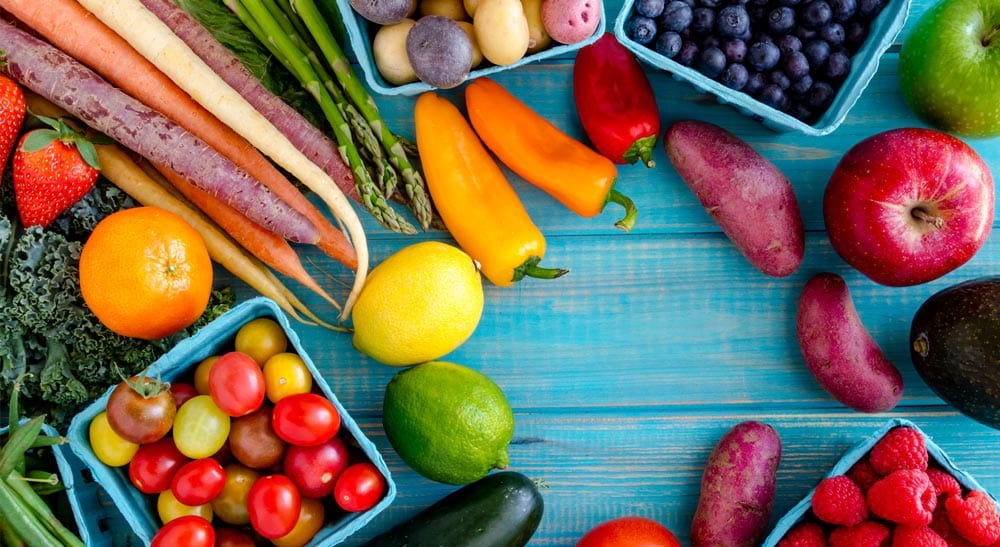By MACROS | Published on December 7, 2017
When we spot one of our favourite celebrities on social media espousing a new diet we’re instantly intrigued. They’re fit, toned and glowing, so whatever they’re doing must work, right?
As the saying goes, appearances can be deceiving and there has been a large jump in the number of faddy, factually incorrect – and at times dangerous – diets out there supported by celebrities and claiming to be the secret to a new, healthier, more attractive and energetic you.
Today, the British Dietetic Association (BDA) revealed its much-anticipated annual list of celebrity diets to avoid in 2018. The line-up this year includes Raw Vegan, Alkaline, Pioppi and Ketogenic diets as well as Katie Price’s Nutritional Supplements.
To help you push back against this tide of misinformation, the BDA have researched the subject and predicted the top five celeb diets to avoid in 2018:
Alkaline
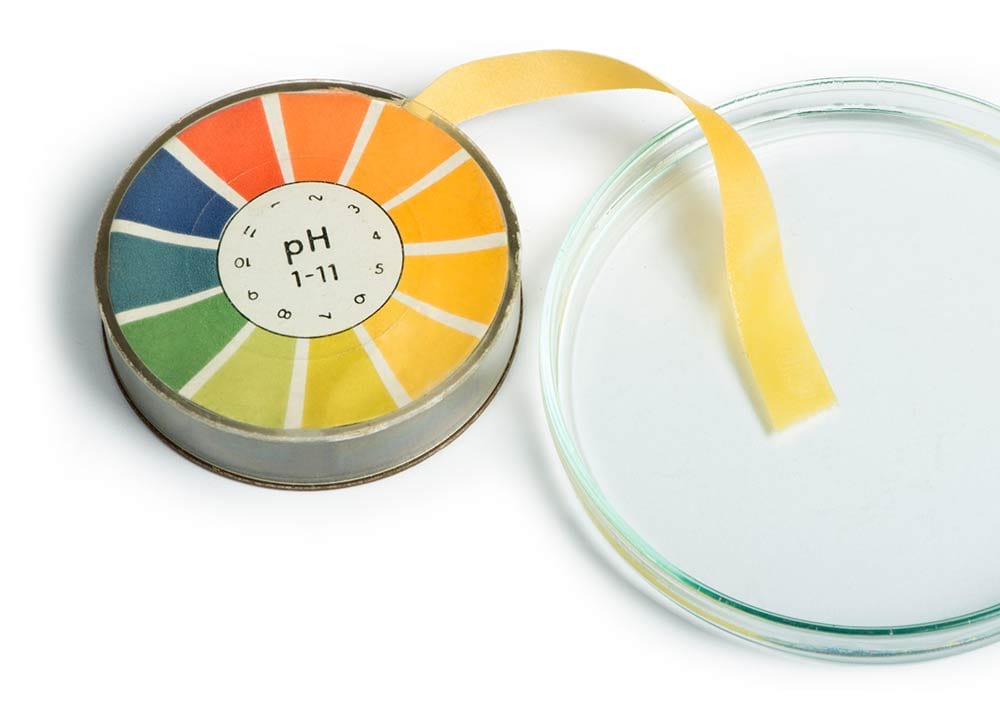
Celeb Link:
Tom Brady, Gwyneth Paltrow, Fergie Duchess of York
What is it?
Supporters of this diet believe that changing the foods they eat, consuming more alkaline and less acidic foods, will help change the pH balance of the blood and reduce health risks. Worryingly some wrongly claim it can treat cancer and that incorrectly ‘acidic’ foods cause osteoporosis.
BDA Verdict:
Unfortunately, this diet is based on a basic misunderstanding of human physiology. While encouraging people to eat more fresh veggies is a good thing, the pH of your food will not have an impact on the pH of your blood – and you wouldn’t want it to! Your body is perfectly capable of keeping its blood within a very specific pH range (between 7.35 and 7.45). If it fails to do so you would become very ill very quickly and die if not treated! Diet can change the pH value of urine, but testing the pH of your urine just measures the pH of your urine and is not related to the pH of your blood, which cannot be affected by diet.
Bottom Line:
It’s alka-lie! You’ll most likely lose weight as you are cutting out processed foods and eating more healthily – nothing to do with acid or alkali nonsense.
Raw Vegan
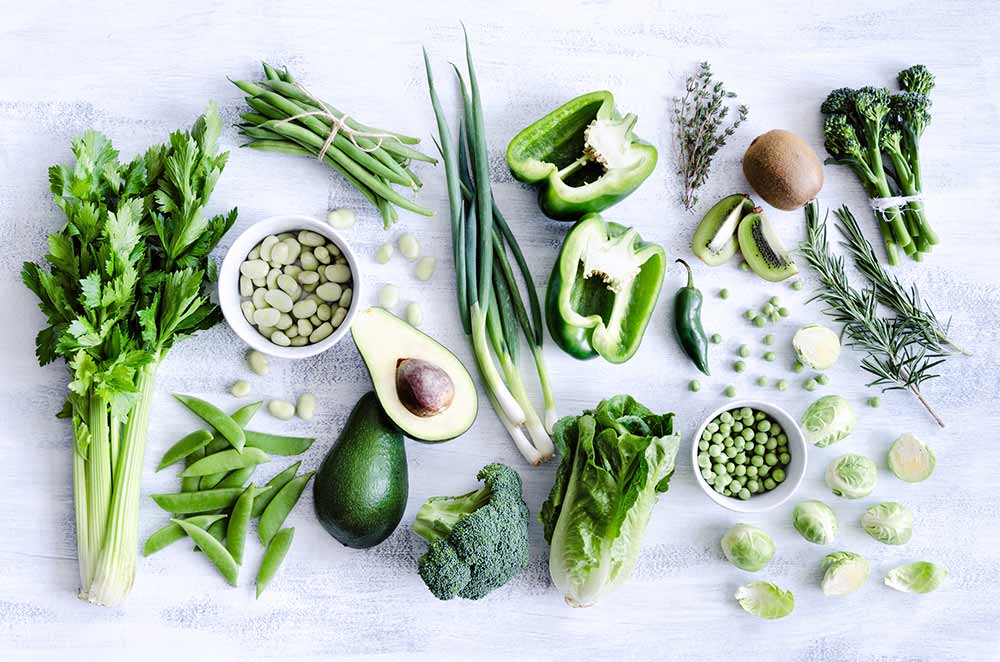
Celeb Link:
Gwyneth Paltrow, Megan Fox, Sting
What is it?
This diet is out there in many versions but the premise is the same – go vegan and eat raw. It has been promoted as a cure for obesity and other disease.
BDA Verdict:
A carefully planned vegan diet with the necessary supplements like vitamin B12 and vitamin D can be healthy, but it is not a guarantee of losing weight. A vegan cake is still a cake, vegan syrups are adding sugar and vegan foods often contain the same calories as non-vegan foods.
A food is considered raw if it has not been heated over 40–48°C. It should also not be refined, pasteurized, treated with pesticides or otherwise processed in any way. While some foods are good to have raw, others are more nutritious cooked – like carrots – and some foods cannot be eaten raw at all – like potatoes. The human body can digest and be nourished by both raw and cooked foods so there’s no reason to believe raw is inherently better. Raw food can be time consuming to prepare, hard to find when eating out, and is not suitable for certain groups like children or pregnant women so family meals could be a challenge and you could miss hot food.
Bottom line:
Raw-ther a challenge. May not damage your health in the short-term but could in the long-term if not balanced.
 – RELATED:  Can The Mediterranean Diet Promote Gains and Performance? –
Katie Price – Nutritional Supplements

Celeb Link:
Katie Price, the clue is in the name!
What is it?
The range includes hydration, breakfast and meal replacement products. According to the website, Katie Price’s Meal Replacement is a “great tasting, low fat, meal replacement shake, containing essential nutrients and only 185 caloriesâ€. It also makes unsupported claims to support muscle tone and maintenance with ‘essential’ ingredients including L-Carnitine and green tea. It seems to include the ingredient ‘Satiereal’ based on saffron which they claim will decrease snacking, cravings and promote weight loss and positive mood.
BDA Verdict:
You need to like the meal replacement products to stay with the plan. Rapid weight loss can be motivating, but it is unsustainable. Appetite suppressors are not a healthy, advisable or sustainable way of losing weight either. Interestingly the website admits that their claims have not been evaluated by the appropriate authorities.
BDA Spokesperson and registered dietitian Nichola Ludlam-Raine “Selling supplements, especially protein supplements, is an easy way to make money!  Whey protein is a fairly cheap ingredient that companies can make a lot of profit on when sold in fancy packaging.
“Although useful in the right scenarios, protein supplements are often mis-sold as the only answer to weight loss, with misleading claims attached to them.â€
Bottom Line:
Price-y! She may have business talent but no nutrition qualifications. Meal replacement products work by restricting calories, whoever’s name is on them and they do not need to be part of a healthy balanced weight loss plan.
Pioppi
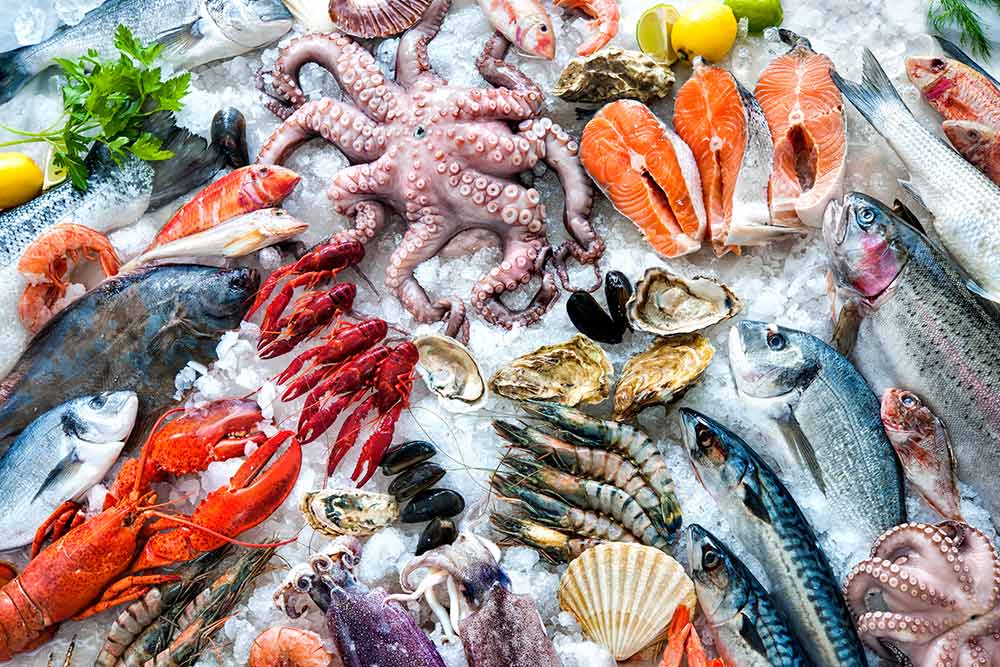
Celeb Link:
Keith Vaz MP, chair of the All Party Parliamentary Diabetes group, urged 100 MPs with the highest prevalence of type 2 diabetes in their constituencies to follow the plan over the 2017 parliamentary summer recess. Andy Burnham Former secretary of state for health and Mayor of Manchester has described the book as having “the power to make millions of people healthier and happier, and help sustain our NHSâ€.
What is it?
Authors Dr Aseem Malhotra and Donal O’Neill take the small Italian village of Pioppi – recognised by UNESCO as the home of the Mediterranean Diet – as the name of their new spin on a low carb, high fat diet. The diet recommends a higher fat diet than the traditional Mediterranean one – adherents are encouraged to eat lots of vegetables, nuts, legumes, and fish and discouraged from eating red meat, starchy carbs, and sweetened treats.
BDA Verdict:
The book pays homage to eating plenty of fruit and vegetables, fish, olive oil, alcohol in moderation and not being sedentary (much like the current UK government guidelines). But the authors may well be the only people in the history of the planet who have been to Italy and come back with a diet named after an Italian village that excludes pasta, rice and bread – but includes coconuts – perhaps because they have a low carb agenda. The suggestion that this Italian village should be associated with recipes for cauliflower base pizza and rice substitute made from grated cauliflower or anything made using coconut oil is ridiculous. It also uses potentially dangerous expressions like “clean meat” and encourages people to starve themselves for 24 hours at a time every week. Following a more typical Mediterranean diet, would also be kinder on the wallet, as the dietary approach in Pioppi is unlikely to be cheap
Bottom line:
Pioppi-ably not a good idea! The traditional Mediterranean diet is a healthy choice but this had been hijacked here. Fasting may help weight loss but the only reason their other advice is likely to help people lose weight is because it involves eating less food and calories.
Ketogenic
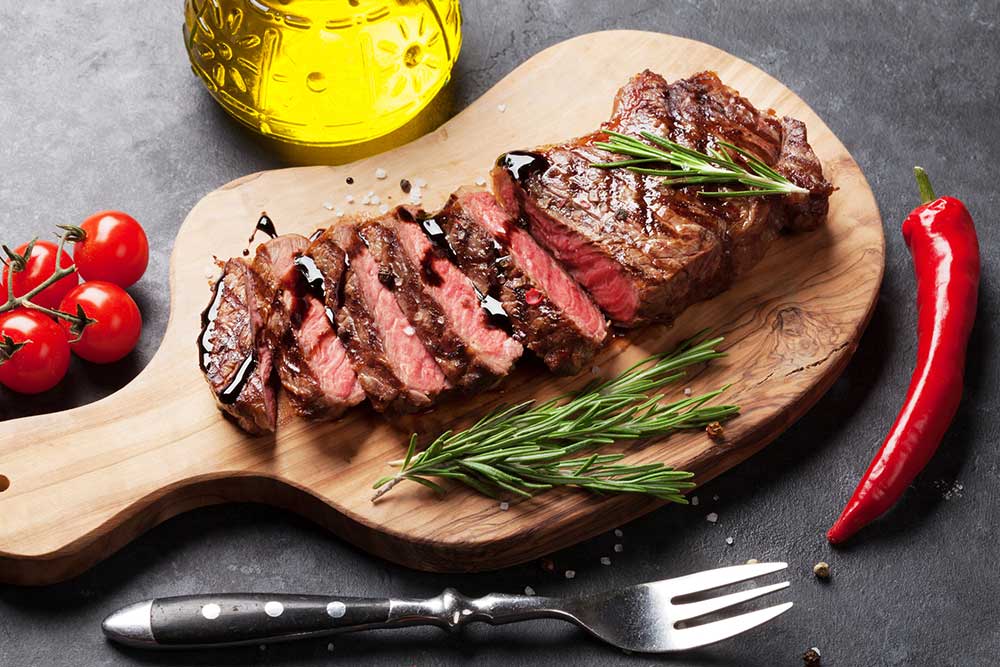
Celeb Link:
A plethora of celebs have been linked with this diet including: Kim Kardashian, Kobe Bryant, LeBron James, Halle Berry, Gwyneth Paltrow, Mick Jagger, Rihanna, Alec Baldwin, Matthew McConaughey, Tom Jones.
What is it?
This diet, is out there in many versions rather like Atkins or Paleo but the premise is the same: very low carb (around 20-50g per day or 5% total calories), relatively high in fat, moderate protein. Typically it excludes grains, dairy, legumes, soy, most fruits and starchy vegetables. The carbohydrates in the diet come mainly from non-starchy vegetables, nuts and seeds.
If you significantly decrease the amount of carbohydrate in your diet, the body switches from primarily burning carbohydrates, to burning fat, for energy. This causes an increase in levels of ketones in our bodies. Supporters claim it can help you to lose weight, control hunger and improve your health. Worryingly some say it can treat or prevent a number of different types of cancer which is just not true.
BDA Verdict:
A carefully dietitian-planned ketogenic diet can be a very effective treatment for people with epilepsy. For weight loss, there’s no magic, the diet works like any other by cutting total calories and removing foods people tend to overeat. Initial side effects may include low energy levels, brain fog, increased hunger, sleep problems, nausea, digestive discomfort, bad breath and poor exercise performance. It can be an effective method of weight loss in the short term with careful planning but it is hard to sustain for many in the long term and most of the initial weight loss seen is often associated with water/fluid losses. It is never a good idea to ‘over-restrict’ any one food group (including carbohydrate), as this can mean it is more difficult to achieve a balanced diet overall with respect to vitamins, minerals and fibre in particular. If consuming high fat then the type of fat needs to be considered.
Bottom line:
May suit some but ketone-ly with careful planning for balance, heart and gut health.
Speaking about these and other fad diets, Sian Porter, consultant dietitian and Spokesperson for the BDA, says:
“In reality, if something sounds too good to be true, it probably is. Always ask for evidence and get your advice from someone properly qualified and regulated with nothing to sell or promote.
“Make small changes you will be able to sustain forever and aim for an eating pattern for life – which should be the one you can stick to in the long term, not just a quick fix you will inevitably give up on! Enjoy a rich variety of foods in appropriate portion sizes – moderation and keeping physically active are key.
